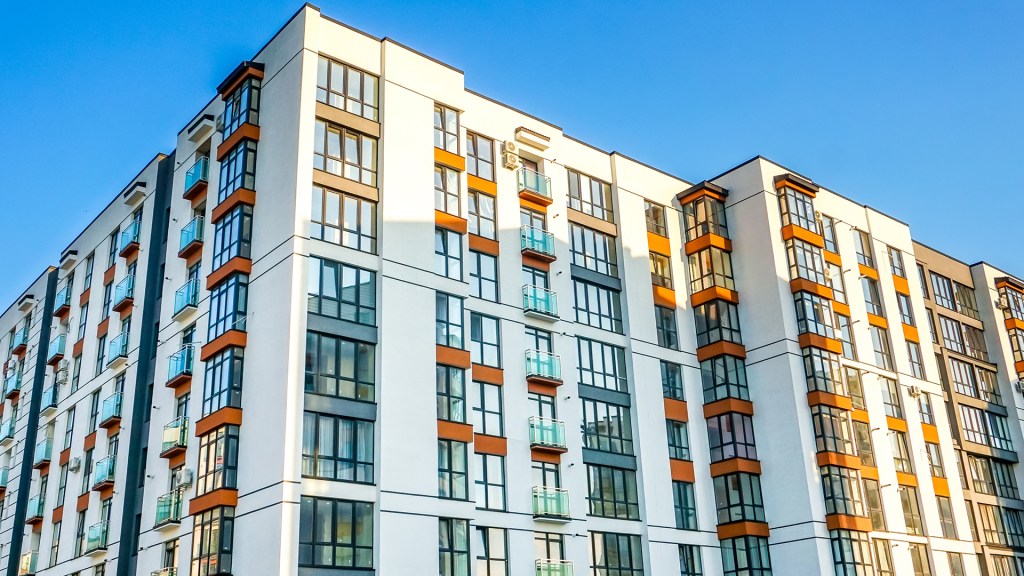By Cutright Elizabeth on August 31, 2017 in News
Expected to command a significant portion of America’s aging population over the next several decades, the nation’s aging Hispanic population will usher in a new era of cultural needs and expectations. That’s according to a new study commissione d by the Associated Press-NORC Center for Public Affairs Research. After surveying older Hispanics on their attitudes and expectations regarding assisted living and senior housing, researchers concluded Hispanics might “face additional obstacles in getting culturally competent care.”
d by the Associated Press-NORC Center for Public Affairs Research. After surveying older Hispanics on their attitudes and expectations regarding assisted living and senior housing, researchers concluded Hispanics might “face additional obstacles in getting culturally competent care.”
“…49 percent of older Hispanics have already faced language or cultural barriers as they navigate the health care system,” state the report’s authors. “These barriers have resulted in additional stress, delays in getting care, increased time and effort, not getting needed care and higher than expected costs for care.”
Respect and Value
Expressing feelings of frustration, loneliness and confusion, the survey’s participants expressed concern over the ability of their local health care providers to meet their specific needs. Specifically, respondents reported difficulty communicating with doctors and nurses due to language and cultural barriers. For those experiencing difficulty overcoming these challenges, two-thirds said they experienced additional stress and delays related to receiving adequate medical care.
Unfortunately, less than half of the Hispanics surveyed expressed confidence in their local health care facilities and nursing homes’ ability to meet the needs of senior residents. Even fewer respondents felt home health aides and assisted living communities are up to the challenge, with only 20 percent of participants conveying they felt assured of the capabilities of their local home senior health providers.
Complex Communications
With almost 3 out of 4 Hispanics speaking Spanish in the home, the language barrier remains the foremost barrier to adequate senior care. According to the survey, a little more than a third of respondents reported speaking English “less than ‘very well,’” making it difficult for them to seek care for loved ones or operate as their own health care advocate. Adding to the complexity of the issue, more than half of the survey’s respondents reported difficulties engage a bilingual healthcare provider, with 67 percent of older Hispanics saying language was one of their primary hurdles to receiving adequate medical attention.
“Similarly, just under half of Hispanics age 40 or older say they have had difficulty communicating with a health care provider while getting care for themselves or a loved one because of either a language barrier (44 percent) or a cultural barrier (47 percent),” write the report’s authors. “These barriers are particularly pronounced for those who were born outside the United States, estimated to be 39 percent of the US Hispanic population.”
Financial Impacts
In addition to the impact these communication challenges have on care received, two-thirds of the survey’s participants report these barriers also trigger emotional and financial stress. Forty-three percent of Hispanics over 40 report paying “high-than-expected” costs for care. One-third rate the care they received as low-quality while an additional 26 percent say they “received the wrong type of care entirely.”
“Beyond the extra stress and resources required to obtain care, older Hispanics report these language and cultural barriers have resulted in lower quality, more expensive medical care,” report the survey’s authors.
Crisis of Confidence
While a majority of the survey’s respondents expressed minimal confidence in their long-term care and assisted living providers’ ability fulfill their cultural needs and expectations, over a third expressed a more positive outlook of their local hospitals and specialists with many saying they believed those agencies do accommodate most of their needs. Ultimately, much of the respondent’s stance depended upon their current state of overall health.
“Older Hispanics who describe their overall health as fair or poor are much less likely than those who say their health is good or better to be confident in the cultural accommodations of nursing homes (5 percent vs. 22 percent) or assisted living (7 percent vs. 23 percent),” stated the survey’s authors.
Even though many respondents described their experiences with long-term care as frustrating, forty-five percent of Hispanics 40 and older who had either been a patient or caregiver stated that they had mostly positive feelings about their overall experience. Nevertheless, much like the rest of the nation, older Hispanics remain skeptical of the country’s ability to meet the needs of its seniors.
“Hispanics age 40 and older, like non-Hispanics, say the country is not well prepared to meet the needs of this growing group of older adults,” conclude the report’s authors.


